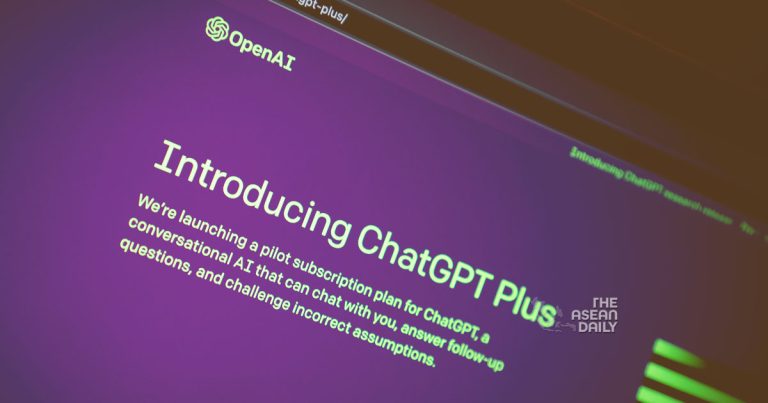12-8-2023 (NEW YORK) The prevalence of cheating in academia has taken a technological twist as artificial intelligence chatbots, like ChatGPT, have become the favored tool for students seeking to deceive their way through college. Educators worldwide are now reevaluating their teaching methods, from Writing 101 to computer science, in an effort to address this pervasive issue. While recognizing the potential of technology to enhance learning, instructors are devising strategies to make test questions and assignments “ChatGPT-proof.”
Some educators are reverting to traditional paper exams after years of digital-only tests. Others are requiring students to submit editing histories and drafts to demonstrate their thought processes. However, not all instructors are deeply concerned, viewing cheating as an age-old problem with ChatGPT merely representing the latest option.
The rapid proliferation of AI-generated chatbots, including ChatGPT, has presented new challenges for academics striving not only to ensure correct answers but also to foster true comprehension. However, there is little consensus on some of the most pressing issues:
- Reliability of AI detectors: Stephanie Laggini Fiore, associate vice provost at Temple University, participated in a team that tested the detector employed by Turnitin, a popular plagiarism detection service. The team found it to be “incredibly inaccurate,” working best for human-generated work but struggling to identify chatbot-generated text or hybrid work.
- False accusations: Instances have emerged where students were wrongly accused of utilizing AI platforms to cheat. Last semester, a Texas A&M professor erroneously accused an entire class of using ChatGPT on their final assignments, resulting in most of the class being exonerated.
- Detection of AI-powered cheating: Determining whether a student has dishonestly employed an AI-powered chatbot is nearly impossible unless they confess. Unlike traditional plagiarism, where text matches the source it was lifted from, AI-generated text is unique with each iteration. Some cases of cheating are overt, such as students submitting obvious cut-and-paste assignments that lack personal opinions or perspectives.
In response to the surge in academic integrity issues, educators like Timothy Main, a writing professor, are revamping their courses. Main and his colleagues are redesigning their school’s required freshman writing course to encourage students to write about their own experiences, opinions, and perspectives. Assignments and syllabi will explicitly forbid the use of artificial intelligence.
Colleges and universities are urging instructors to establish clear guidelines regarding the use of chatbots in the classroom. At Michigan State University, faculty members are provided with a library of customizable statements for syllabi, allowing them to clarify their expectations. Bill Hart-Davidson, associate dean in MSU’s College of Arts and Letters, suggests rephrasing questions to avoid ChatGPT’s ability to generate accurate responses, such as presenting descriptions with intentional errors and asking students to identify them.
The rise of chatbots has not only affected academic integrity but has also altered students’ study habits and information-seeking behaviors. Online platforms like Chegg Inc., which offers homework help, experienced a significant decline in usage as students turned to ChatGPT’s AI platform for free assistance. This shift raises concerns as chatbots are prone to providing incorrect information, a phenomenon known as “hallucination.” Developers are striving to improve their platforms’ reliability, but the timeline for achieving this remains uncertain.
Educators also worry about the broader implications of students circumventing essential learning steps. Bonnie MacKellar, a computer science professor at St. John’s University, notes a “massive plagiarism problem” in her discipline, with students frequently borrowing code or plagiarizing from online sources. She asserts that students relying on AI shortcuts deprive themselves of the necessary skills for advanced classes. As a result, some professors are considering a return to paper-based tests to address these concerns.
While the transition to combat ChatGPT plagiarism poses challenges, students like Ronan Takizawa, a computer science major at Colorado College, acknowledge the need to learn material thoroughly. Takizawa suggests that using AI for certain homework tasks, such as summarizing readings, is comparable to using other online resources. However, students like Nathan LeVang at Arizona State University have become more cautious, employing AI detectors to ensure their work is flagged as authentic. Despite the additional effort required, LeVang recognizes the new reality of academic integrity in the face of AI advancements.




